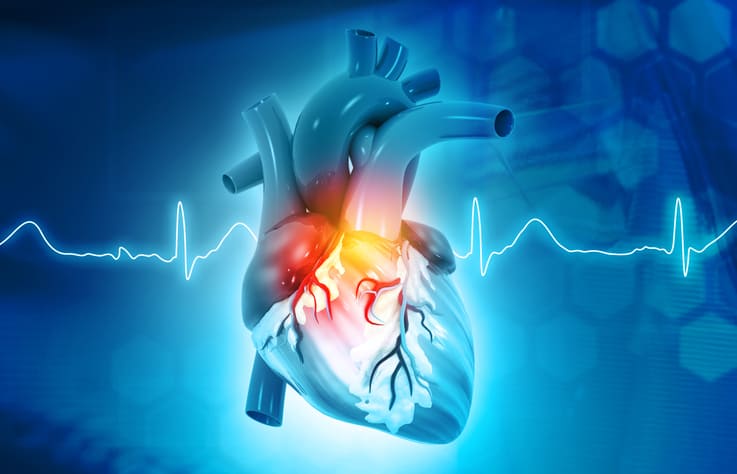Epicardial adipose tissue (EAT) directly overlies the myocardium with changes in its morphology and volume associated with myriad cardiovascular and metabolic diseases. However, EAT’s immune structure and cellular characterization remain incompletely described. This study aimed to define the immune phenotype of EAT in humans, and compare such profiles across lean, obese and diabetic patients.
A total of 152 adult patients undergoing open chest coronary artery bypass grafting (CABG), valve repair/replacement (VR) surgery or combined CABG/valve surgery were recruited to the study. Patients’ clinical and biochemical data alongside epicardial adipose tissue (EAT), subcutaneous adipose tissue (SAT) and pre-operative blood samples were collected. Immune cell profiling was evaluated by flow cytometry and complemented by gene expression studies of immune mediators. Bulk RNA-seq was performed in EAT across different metabolic profiles to assess whole transcriptome changes observed in these groups.
Flow cytometry analysis demonstrated that EAT is highly enriched in adaptive immune (T and B) cells. Whilst overweight/obese and diabetic patients had similar EAT cellular profiles to lean control patients, the EAT exhibited significantly (P≤.01) raised expression of immune mediators including: interleukin1 (IL1), IL6, tumour necrosis factorα (TNFα) and interferonγ (IFNγ). These changes were not observed in either SAT or blood. Neither underlying coronary artery disease nor the presence of hypertension significantly altered the immune profiles observed. Bulk RNA-seq demonstrated significant alterations in metabolic and inflammatory pathways in the EAT of overweight/obese patients compared with lean controls.
Adaptive immune cells are the predominant immune cell constituent in human EAT and SAT. The presence of underlying cardiometabolic conditions, specifically obesity and diabetes, rather than cardiac disease phenotype appears to alter the inflammatory profile of EAT. Obese states markedly alter EAT metabolic and inflammatory signalling genes, underlining the impact of obesity on the EAT transcriptome profile.
Obesity and diabetes are major risk factors for epicardial adipose tissue inflammation.


